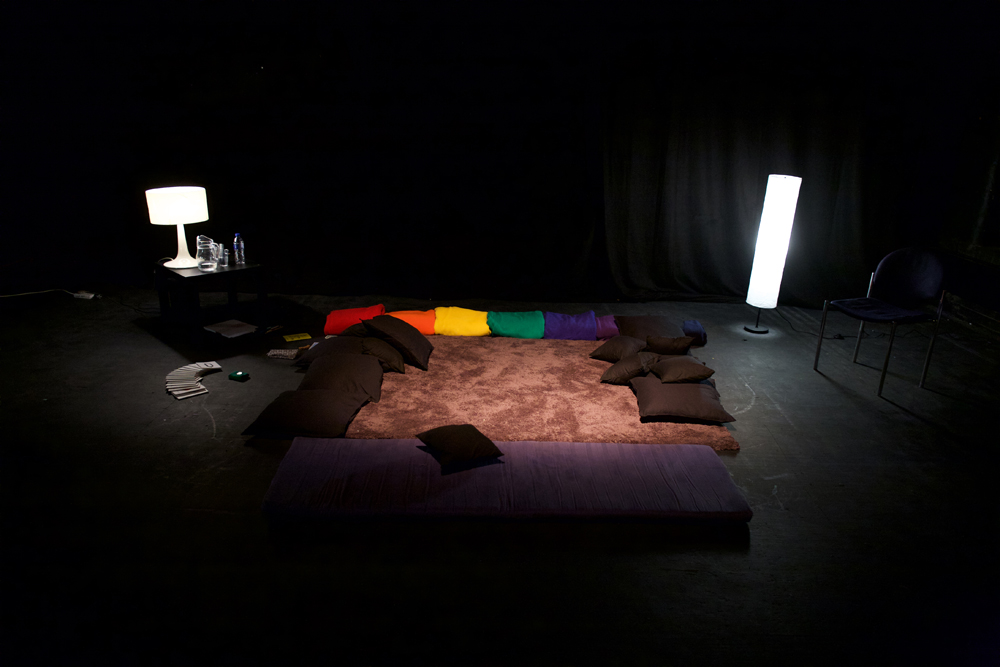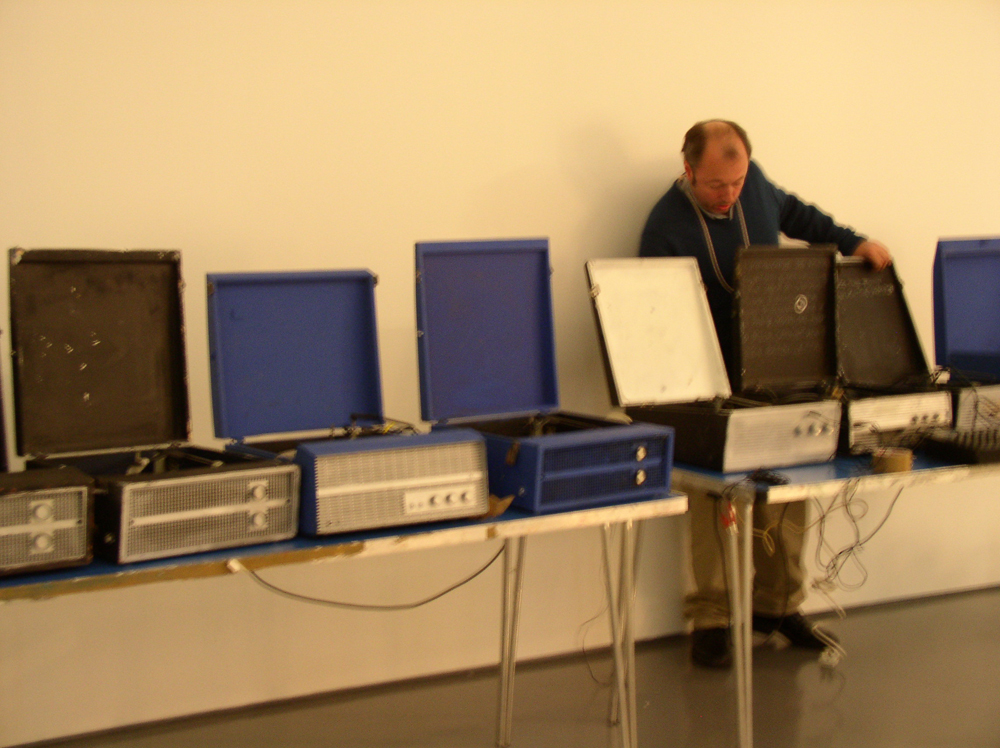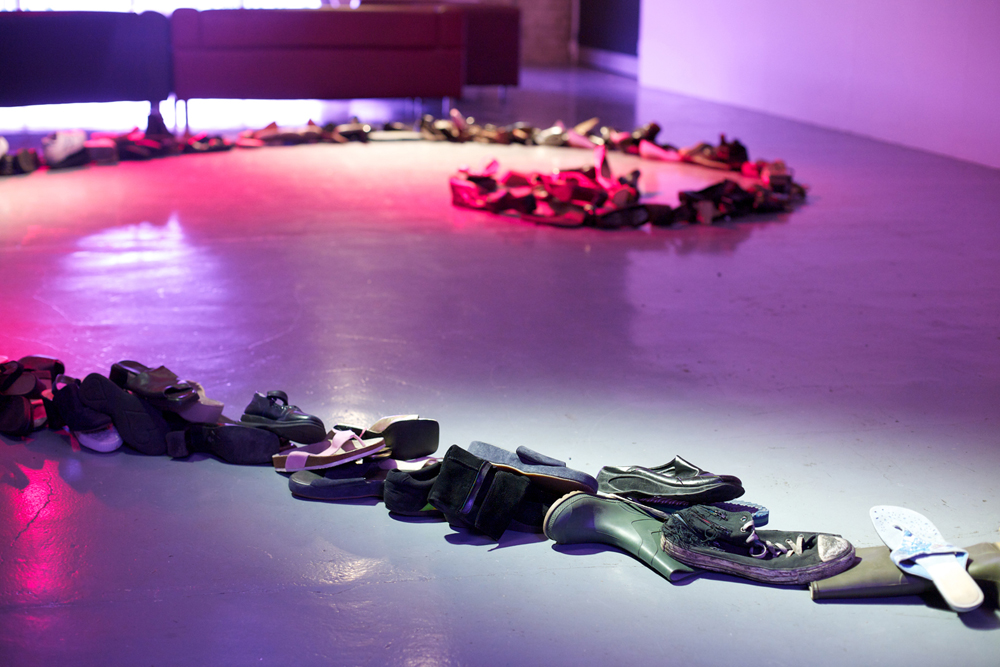
Analytics of Existence
Elizabeth A. Povinelli Mijke van der Drift
Elizabeth’s writing pulls apart toxic settler colonialism and the worldview used to justify it; working towards an alternative distribution of powers, so that ways of being otherwise can endure.













